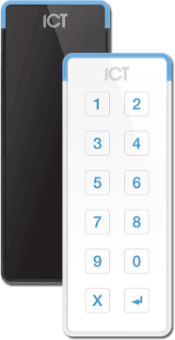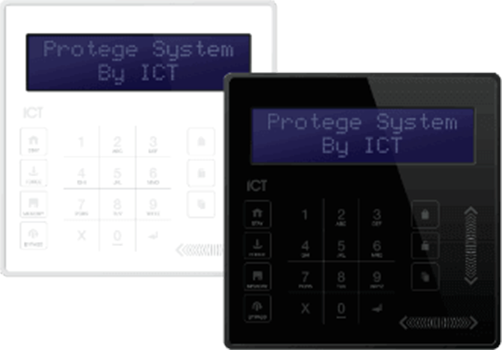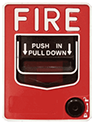Video MGMT System
 Access Control
Access Control
Voice & Data Wiring
 Burglar Alarm
Burglar Alarm
 Fire Alarm
Fire Alarm
Video MGMT System
Voice & Data Wiring
THOUGHT CENTER > Blog > Industries
February 28, 2022
In any medical facility, the safety and privacy of patients should be considered paramount. This is why the HIPAA (Healthcare Insurance Portability and Accountability Act) created guidelines covering IT and security equipment.
When assessing the IT and security equipment needs, hospitals can check HIPAA\s recommendations, which include the following critical considerations:
In order to comply with HIPAA’s regulations, hospitals must take all steps necessary to keep protected health information (PHI) private. This means the devices and hardware that store PHI must be protected and subject to privacy and security best practices. These include:
Installing surveillance camera systems in the hospital will help protect against or deter theft and violent behavior. Hospitals are generally allowed to install surveillance cameras in most areas in the hospital, except for areas with obvious privacy issues, such as bathrooms or directly in front of a computer screen.
This means the hospital can install security cameras in entrances and exits, fire escapes, elevators, storage closets, hallways, waiting rooms, and other public areas. While many hospitals choose to place a “video monitoring in progress” sign in their waiting rooms, this is not necessary because it is a public area and patients do not expect a reasonable amount of privacy. The only time a hospital will be in violation of HIPAA regulations is if they release the identity or medical information of the patients to third parties.
Under HIPAA’s regulations, hospitals need to implement access control in order to prevent unauthorized or unwanted parties from entering specific areas of the hospital or getting access to sensitive information. Systems could be put in place, particularly those that use biometrics/fingerprint scanners, proximity readers, ID systems, video monitors, CCTV surveillance systems, and others. To comply with these, hospitals may want to consult with a security vendor or their in-house IT department.
Take a look at Mammoth Security projects, for example, CCTV security cameras in New Britain CT.
NOT COMPLETELY SURE?
860-748-4292